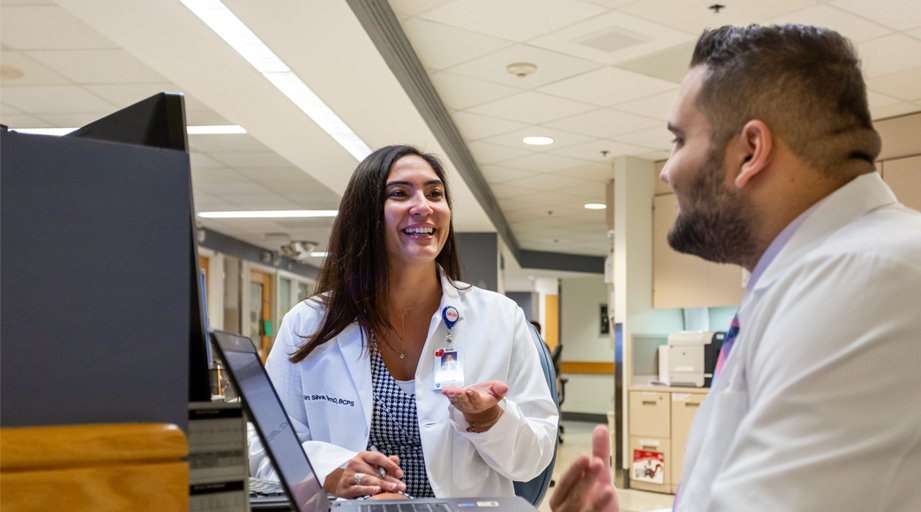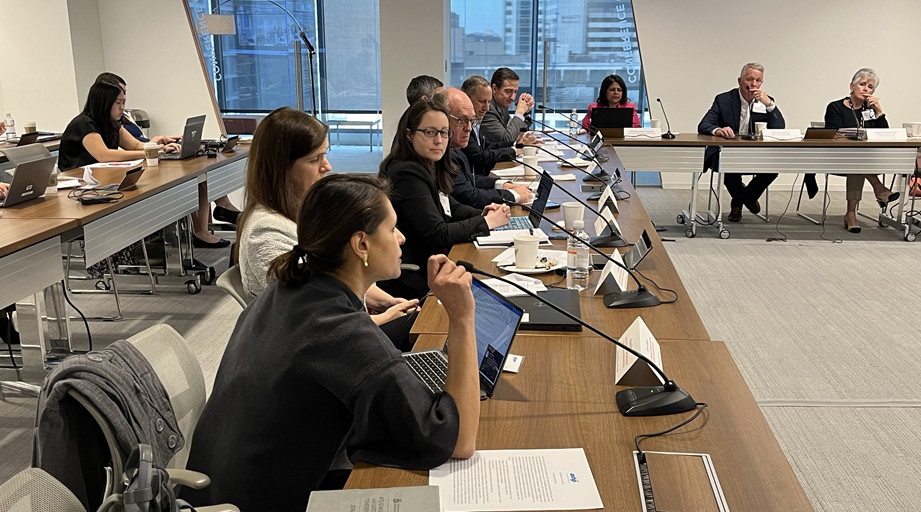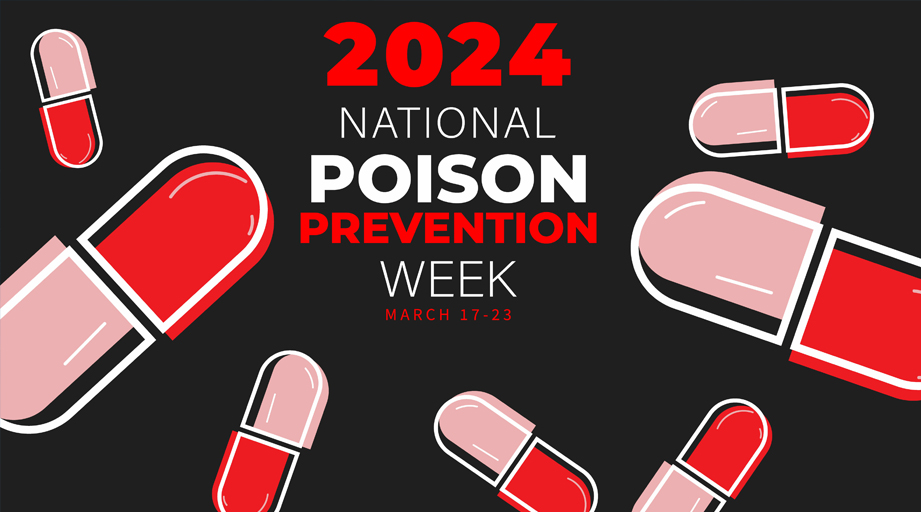
A new law in California that will allow pharmacists to provide HIV preventative medications without a prescription has galvanized pharmacist advocates who are poised to play a pivotal role in helping to reduce the spread of HIV.
 “We are on the verge of ending this disease in the U.S.,” said Loriann De Martini, Pharm.D., CEO of the California Society of Health-System Pharmacists (CSHP). “The key is how you get access.”
“We are on the verge of ending this disease in the U.S.,” said Loriann De Martini, Pharm.D., CEO of the California Society of Health-System Pharmacists (CSHP). “The key is how you get access.”
Under the new law set to take effect this summer, pharmacists will be able to furnish pre-exposure prophylaxis (PrEP, up to 60-day supply) and post-exposure prophylaxis (PEP) to patients without a physician’s prescription. Additionally, insurance companies cannot require patients to secure prior authorization in order to use insurance to obtain PrEP or PEP and the medications will be covered by Medi-Cal, California’s version of Medicaid.
“By allowing California pharmacists to furnish PEP and PrEP, it fills a huge need in our communities since many providers are still not familiar with HIV PEP and PrEP treatment,” said Lisa Gunther Lum, Pharm.D., president of the CSHP Board of Directors. “This bill recognizes pharmacists as one of our first lines of healthcare access for patients who may not have a provider or be able to get an appointment in a timely manner.”
 She added that the law also contains a provision for patients to be referred to local clinics for follow-up care and be made aware of assistance programs to help with cost of the medications.
She added that the law also contains a provision for patients to be referred to local clinics for follow-up care and be made aware of assistance programs to help with cost of the medications.
“Policymakers are increasingly recognizing pharmacists as a resource to improve access to needed services,” said Tom Kraus, vice president of the Office of Government Relations at ASHP. “HIV prophylaxis takes advantage of the pharmacist’s role both as a patient counselor and as healthcare provider embedded in the community.”
California Sen. Scott Wiener, the lead sponsor of the bill, applauded Gov. Gavin Newsom for signing the bill last fall. California is the first state in the country to authorize pharmacists to provide pre- and post-exposure prophylaxis; at least two states (Colorado and Oregon) are now considering similar legislation.
“To end new HIV infections, we must dramatically expand access to PrEP and PEP, yet far too many Californians who need these drugs struggle to access them,” Wiener said in a statement. “[The new law] will keep more Californians HIV-negative and help us end this epidemic.”
PrEP has been shown to be highly effective with rare adverse reactions, reducing the rate of new HIV infections by at least 86 percent, according to studies.
Despite PrEP’s effectiveness, fewer than 40,000 of the estimated 220,000 to 240,000 Californians who could use it are taking the medication. This is “unacceptable,” De Martini said. Barriers to access include lack of awareness about its availability, reluctance to see a doctor to get a prescription, and cost.
CSHP mobilized its chapters last year on behalf of the legislation, submitting more than 500 letters of support, and was actively involved in assisting with training requirements outlined by the new law. Pharmacists must complete a training program approved by the California Board of Pharmacy, in consultation with the Medical Board of California, before they can provide the medication.
Last month, the Board of Pharmacy met and adopted an emergency regulation related to the development of the training program, said Bob Dávila, a spokesman for the Board. The Board’s Licensing Committee held two public meetings and received comments from stakeholders regarding the training program, including minimum hours of instruction, topics to be covered, and other requirements, he said.
CSHP has made implementation of the law a top priority, providing recommendations on the content and format of the training, which will be a minimum of 1.5 hours.
“Pharmacists will need to be able to understand what it takes to do the assessment of the patient, and what financial resources are available to the patient,” De Martini said. “Pharmacists will also need to demonstrate their competency. Taking a sexual history is not checking boxes on paper – it’s about establishing a rapport and asking questions that are culturally appropriate.”
De Martini still vividly recalls the early years of the AIDS epidemic, when she was an intern and there was a palpable feeling of fear in the hospital. People were uneasy about entering the medical unit that housed patients with the potentially deadly disease.
“We didn’t yet know how it was transmitted,” she said.
Years later, the end of the epidemic is in sight and “honestly, it doesn’t get much better than that,” De Martini said. “This law is an example of how we can unleash the power of the pharmacist.”
[This news story appears in the May 1, 2020, issue of AJHP.]







